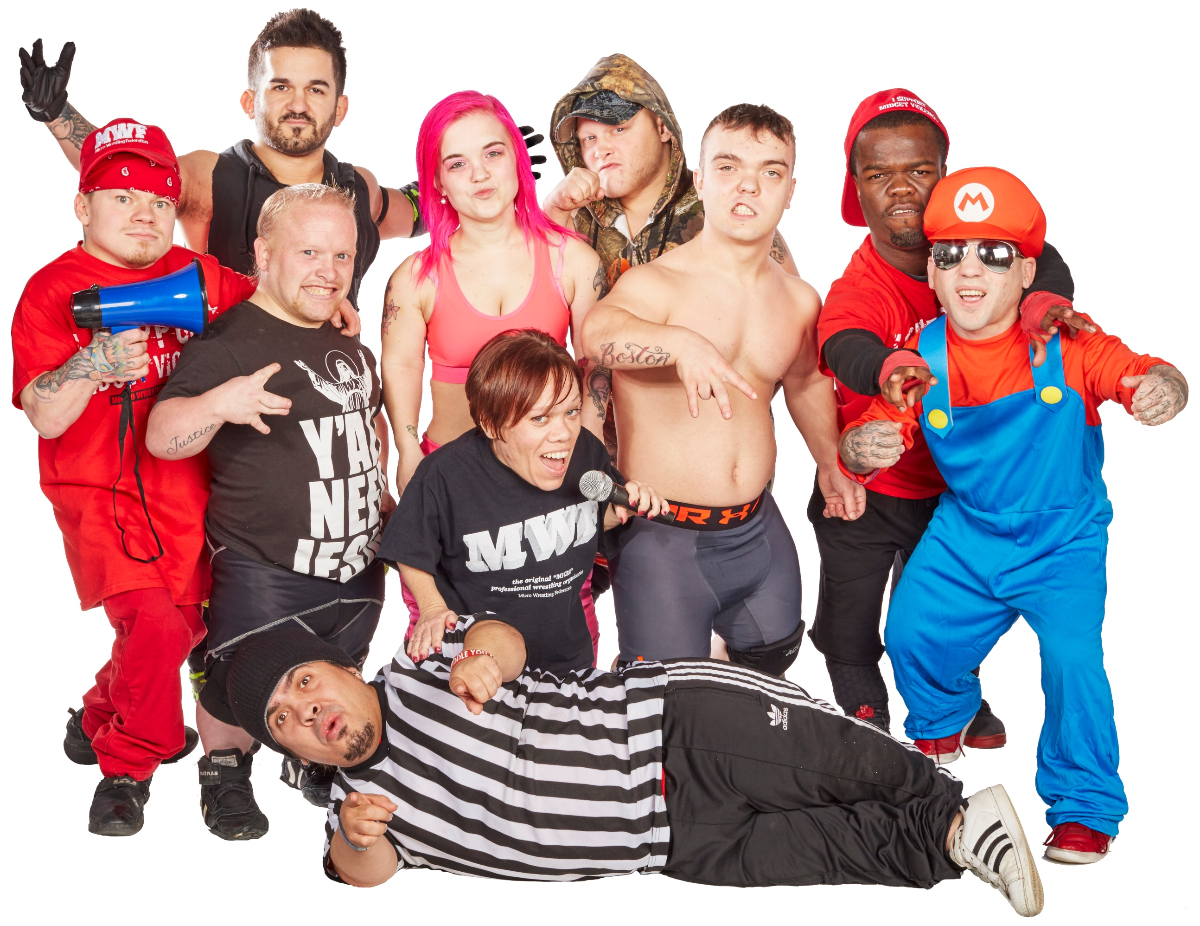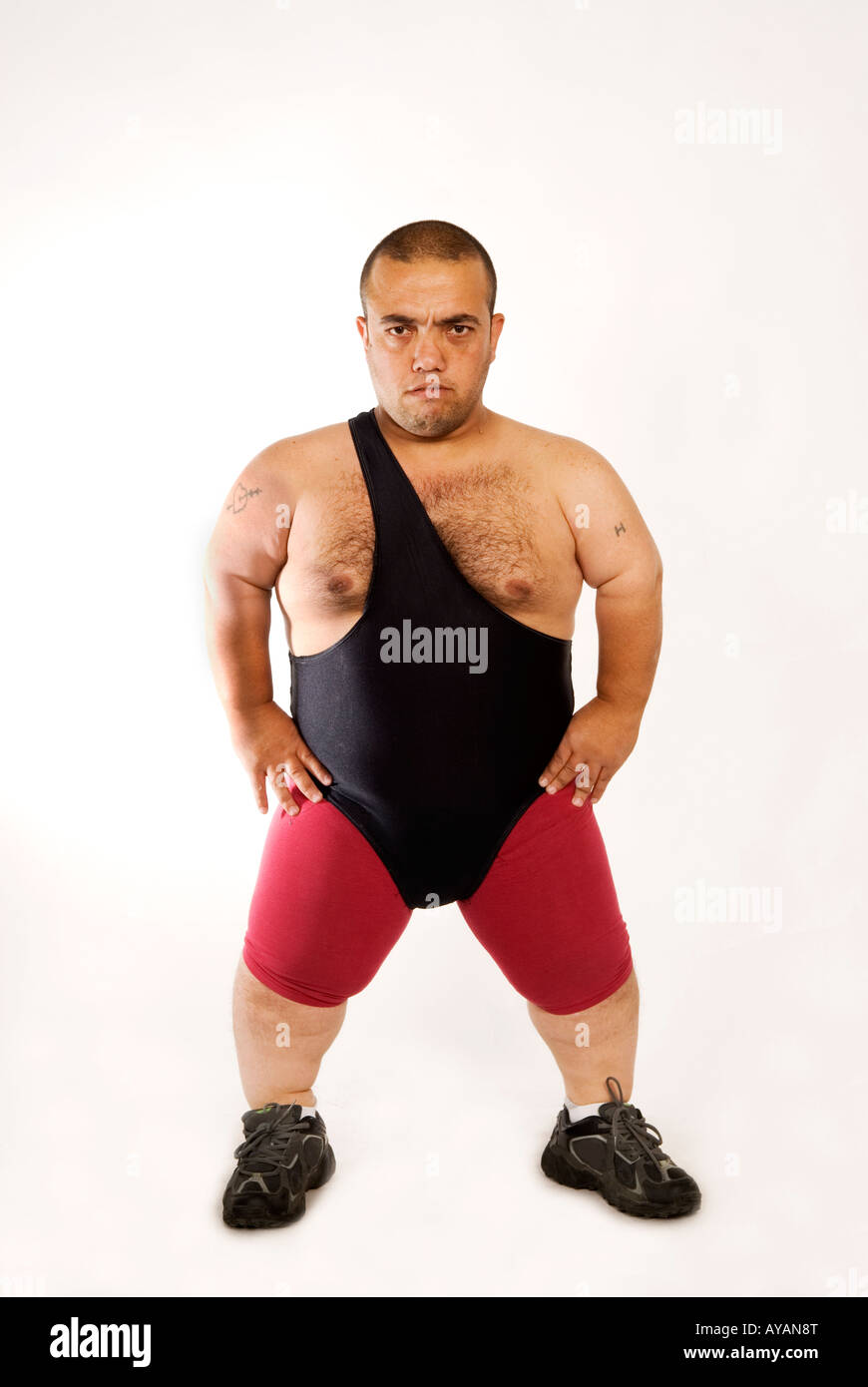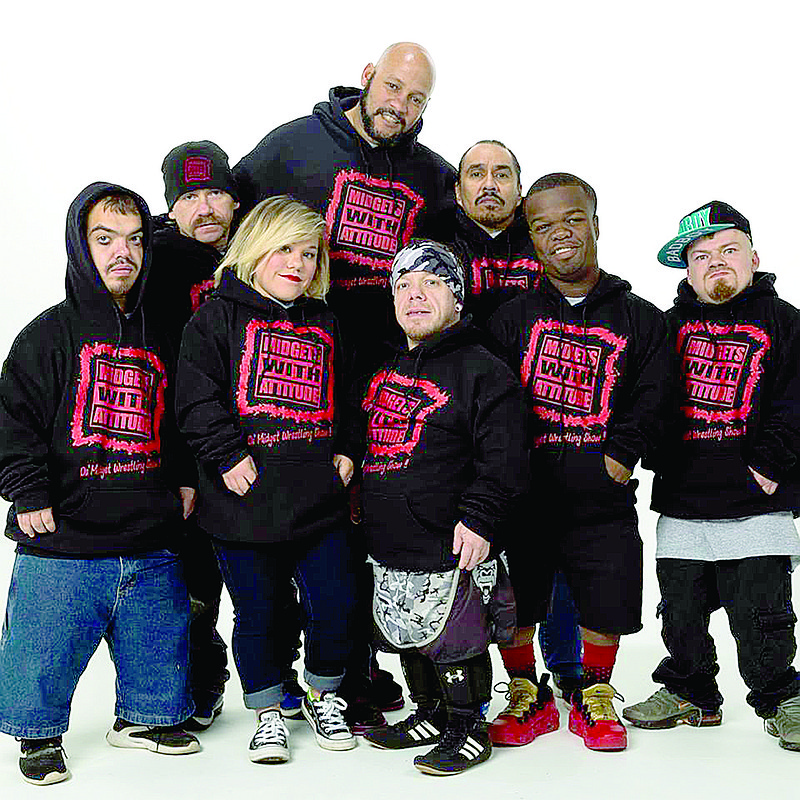What's in a name? When it comes to describing individuals of short stature, the answer is complex, fraught with historical baggage, and deeply personal. The word "midget," once a common descriptor, now carries the weight of a slur, a testament to the power of language to wound and otherize.
The historical record reveals a complicated relationship with dwarfism, a condition marked by unusually small size or short stature. Ancient civilizations depicted dwarfs in their art, from Egyptian funerary sculptures to Mayan carvings. They feature prominently in folklore and mythology across cultures, often imbued with magical qualities or representing a connection to the earth. This historical representation, while widespread, doesn't always reflect a nuanced understanding of the lived experience of people with dwarfism.
| Name | Warwick Davis |
|---|---|
| Birth Date | February 3, 1970 |
| Birthplace | Epsom, Surrey, England |
| Career | Actor, writer, director, producer, television presenter |
| Notable Roles | Willow Ufgood in Willow, Wicket W. Warrick in Return of the Jedi, Professor Filius Flitwick in the Harry Potter film series, Marvin the Paranoid Android in The Hitchhiker's Guide to the Galaxy |
| Reference | IMDb |
The term "dwarfism" itself encompasses a range of medical conditions, each with its own specific characteristics. In humans, it's sometimes defined as an adult height of less than 4 feet 10 inches, though the average adult height among people with dwarfism is closer to 4 feet. The term "pygmyism" is used in anthropology to describe populations where adult men are on average less than 4 feet 11 inches tall, distinguishing it from the disproportionate dwarfism that can occur in isolated cases within a population. These distinctions are important for medical and anthropological understanding, but they also highlight the diverse experiences within the community of people of short stature.
Read also:Gracyanne Barbosa Fitness Bbb More
The evolving language around dwarfism reflects a broader societal shift towards greater sensitivity and inclusivity. While terms like "little person" are generally accepted, the word "midget" has become deeply offensive. Its use is now considered akin to other derogatory slurs, a hurtful relic of a less enlightened time. This evolution in language underscores the importance of respectful and person-first language when discussing any community or group.
The entertainment industry, often a reflection of societal attitudes, has both perpetuated and challenged stereotypes surrounding dwarfism. While some actors with dwarfism have achieved considerable fame, like Warwick Davis, their roles have not always been free from stereotypical portrayals. The challenge remains to create opportunities for actors with dwarfism to play diverse, complex characters that transcend limiting representations.
Beyond the screen, people with dwarfism navigate a world not always designed for their needs. From physical accessibility challenges to social biases, the lived experience of dwarfism is often marked by the need to advocate for understanding and accommodation. Organizations like Little People of America provide support, resources, and community for individuals with dwarfism and their families, working towards a more inclusive and equitable society.
The discussion around terminology is not about political correctness; it's about respect and recognizing the inherent dignity of every individual. Using respectful language is a fundamental step towards creating a society where everyone feels valued and seen for who they are, not defined by their physical characteristics. It's a conversation that requires empathy, education, and a willingness to listen to the voices of those most affected by the words we choose.
The casual cruelty of using the word "midget" cannot be understated. It's a word that carries a history of ridicule and marginalization. For little people, it's a stark reminder of the prejudice they face. Choosing respectful language, on the other hand, is a simple act of kindness that can have a profound impact. It acknowledges the humanity of the individual and affirms their place in the world.
As society continues to grapple with issues of diversity and inclusion, the conversation surrounding dwarfism and the appropriate language to use serves as a microcosm of the larger struggle for respect and understanding. It's a reminder that words matter, that they have the power to both harm and heal. Choosing our words carefully is not just a matter of etiquette; its a reflection of our values and our commitment to creating a more just and compassionate world for everyone.
Read also:Alice Rosenblum Tiktok Lawsuit Amp More


